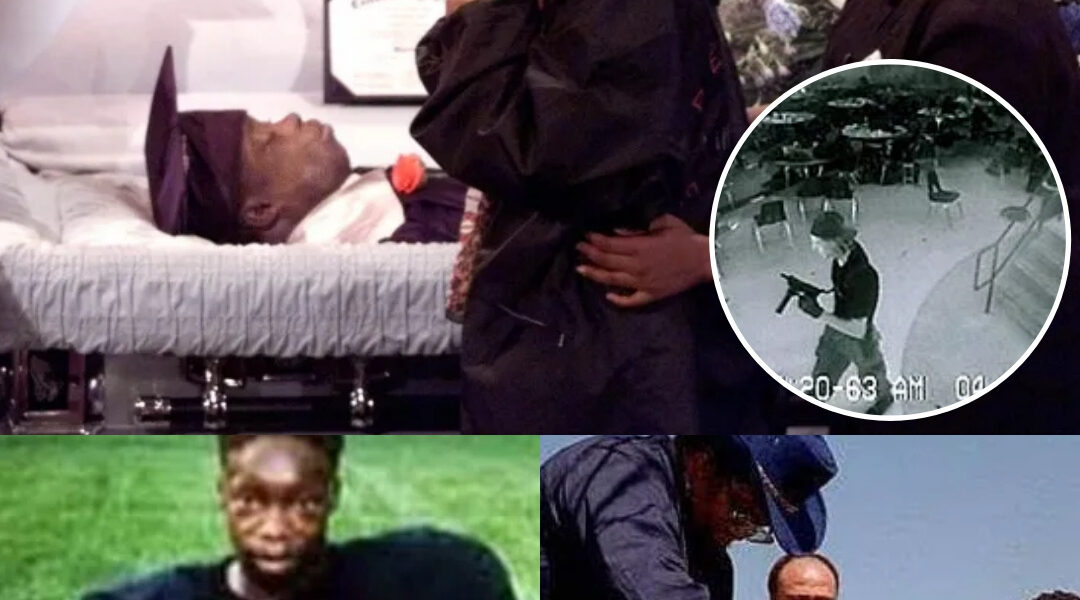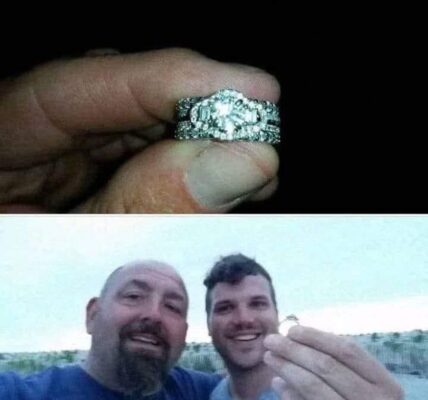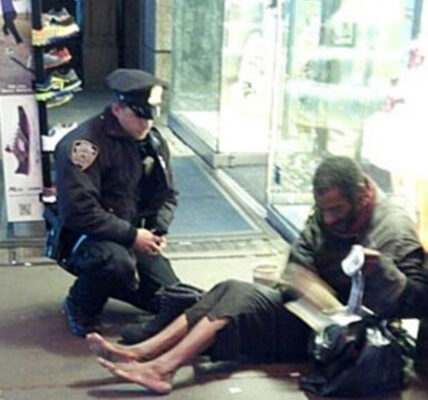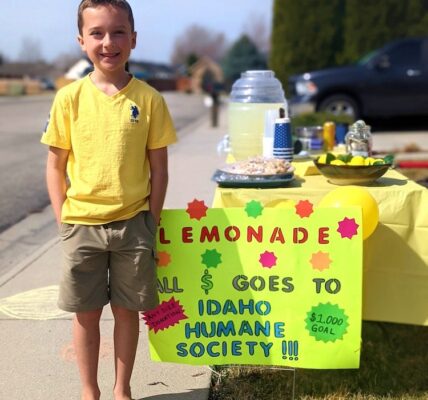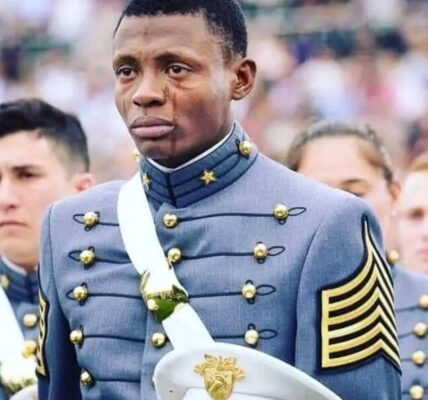Isaiah Shoels had a dream — not for fame, not for money, but for music.
He wanted to create rhythms that healed, that uplifted, that gave voice to the unheard.
At just eighteen, with graduation only weeks away, he was ready to step into that future.
But the world stole that future from him.

A Gentle Soul in a Harsh World
Born August 4, 1980, Isaiah grew up small in stature, but large in presence. He had that rare mix of humor, shyness, and quiet strength that made people feel safe around him.
He loved football. He loved to laugh. And more than anything, he loved music — beats and melodies that lived in his chest like a second heartbeat.
He dreamed of becoming a record producer, creating music that spoke of love, hope, and resilience.
But on April 20, 1999, in the library of Columbine High School, that dream ended.

The Morning Before Everything Changed
That day began like any other.
Students teased each other in hallways. Teachers graded papers. Seniors whispered about prom.
Isaiah sat in the library with his friends Matthew Kechter and Craig Scott, flipping through magazines and talking about life after graduation. His siblings were somewhere else in the school. Their father, Michael, always told them:
“Stay together.”
But fate had other plans.

Then the gunshots began.
At first — confusion.
Then screams.
Then smoke.
Then silence.
The kind of silence that comes when terror enters a room.
Under the Table

Isaiah and his friends scrambled under a library table, pressing themselves flat to the floor as footsteps approached.
Eric Harris and Dylan Klebold entered the library.
And cruelty followed them.
They taunted students. They laughed. They shot — one table at a time.
Lauren Townsend.
Kyle Velasquez.
Cassie Bernall.
Then they saw Isaiah.
“There’s a n****r over here!”
The words sliced through the air.

They grabbed Isaiah’s leg and tried to drag him out. His friends whispered for him not to move, to hold on, to stay still.
But hatred doesn’t listen to prayer.
Harris raised his gun.
A shot rang out.
Isaiah went still.
Then came a voice — a voice that still haunts every survivor:
“Look at this Black kid’s brain! Awesome, man!”
Even though Isaiah hadn’t been shot in the head.
It wasn’t reality speaking. It was hate.
When the shooting finally stopped, Isaiah’s body was found still under that table — robbed of his future because of the color of his skin.
The Family Who Loved Him

His siblings survived — thanks to teacher Dave Sanders, who helped them escape before he was shot and killed trying to save others.
But no one could save Isaiah.
Days later, the Shoels family stood before a small white coffin. They dressed him in his graduation gown.
His diploma was placed on his chest — a symbol of everything he earned, and everything he never got to experience.
His parents couldn’t bear to go to the graduation ceremony. There was nothing to celebrate.
A Boy Who Never Stopped Trying to Belong

Isaiah had always been different.
One of the few Black students at Columbine, he often felt the weight of eyes on him — laughter that stopped when he walked by, whispers behind closed doors. Still, he moved forward.
He joined the football team, but left after racial intimidation from some teammates became unbearable.
Yet he never let anger consume him.
“He wouldn’t complain,” his father said.
“He took negative energy and turned it into something good.”
Once, when his friend Michelle was harassed and called the n-word by other students, Isaiah went to school officials.
They did nothing.
He had learned early that sometimes justice is silent.

The Culture No One Wanted to See
Many survivors later described Columbine as a school divided by cruel social hierarchies — athletes, outcasts, the invisible, and those constantly targeted.
Harris and Klebold themselves had been bullied for years.
Some said revenge fueled their massacre.
But Isaiah wasn’t killed because of bullying.
He was killed because of hate.
Hate that sees color, not humanity.
Hate that grows in shadows, whispers, and silence — until it becomes deadly.
The Aftermath: A Community Changed Forever

Craig Scott, who hid under the same table as Isaiah, lost both his friend and his sister Rachel that day. He later dedicated his life to kindness through Rachel’s Challenge.
Another survivor, Liz Lancaster, chose forgiveness.
“Early on,” she wrote, “I decided to forgive the shooters. It brought me peace.”
Her words became a path many struggled to walk.
A Father’s Grief and Truth

Years later, Isaiah’s father spoke openly:
“They said, ‘Where’s that little n****r?’ Who else could they be talking about? It was a hate crime.”
People told him he was “playing the race card.”
His response was simple:
“The world knows the truth.”
The Rhythm That Remains
Time moves forward, but the wound remains.
Yet Isaiah’s story continues — not as a headline, but as a heartbeat.
In the laughter of his family when they remember his jokes.
In the tears of strangers who read about him and whisper, Never again.
In every student who sees his photo and understands that hatred can kill — but love, courage, and remembrance keep a name alive.
Isaiah never walked across the graduation stage.
Never produced music.
Never got to chase the dreams that filled his imagination.
But his life carries a rhythm stronger than any song:
A rhythm of compassion.
Of quiet courage.
Of a boy who stood up for others when no one else did.
Maybe — somewhere beyond the silence of that library — Isaiah’s music still plays.
And maybe, if the world listens closely enough, it will finally learn the lesson his life and death taught:
See people for who they are, not the color of their skin.
Choose love over hate.
Choose kindness before it’s too late.
